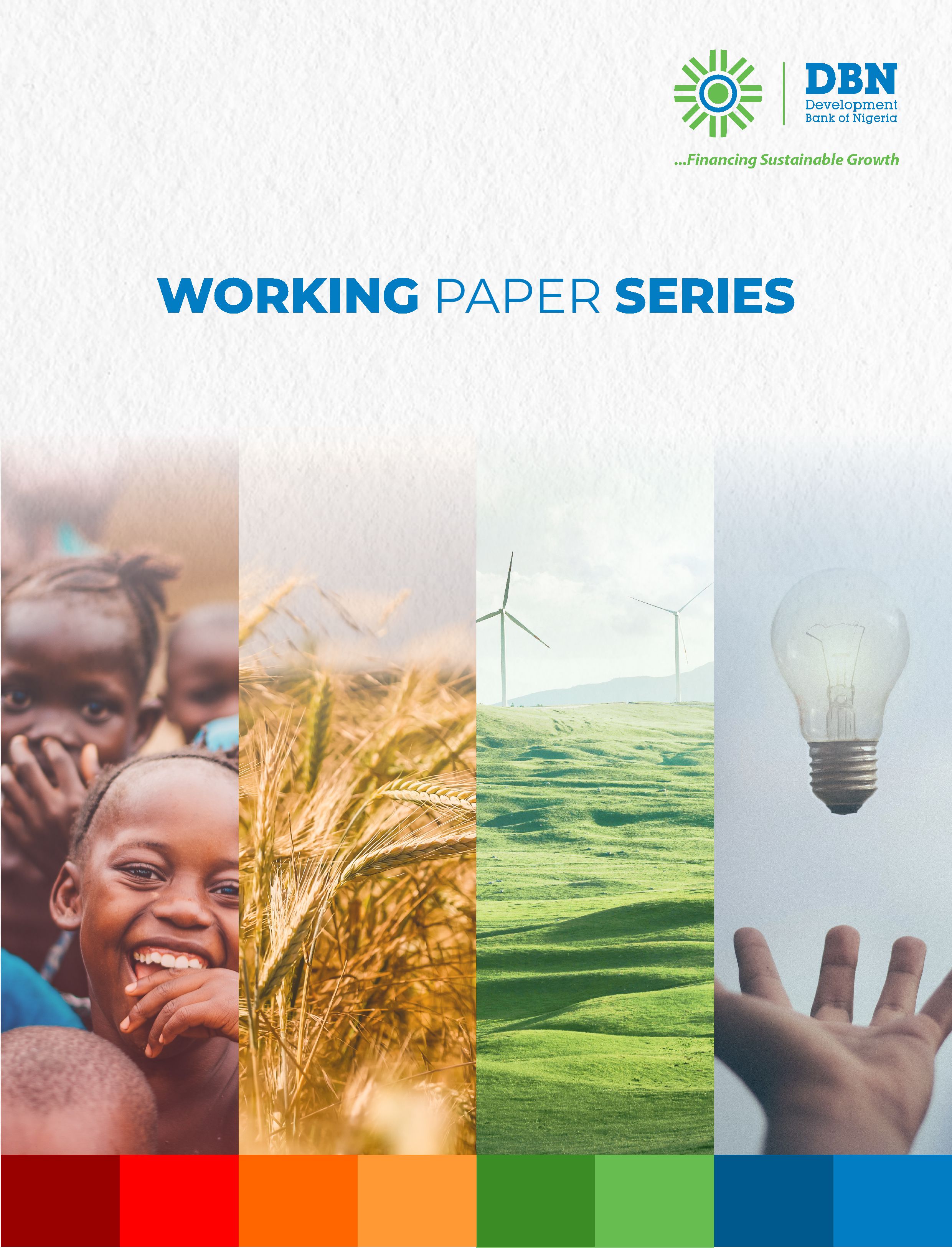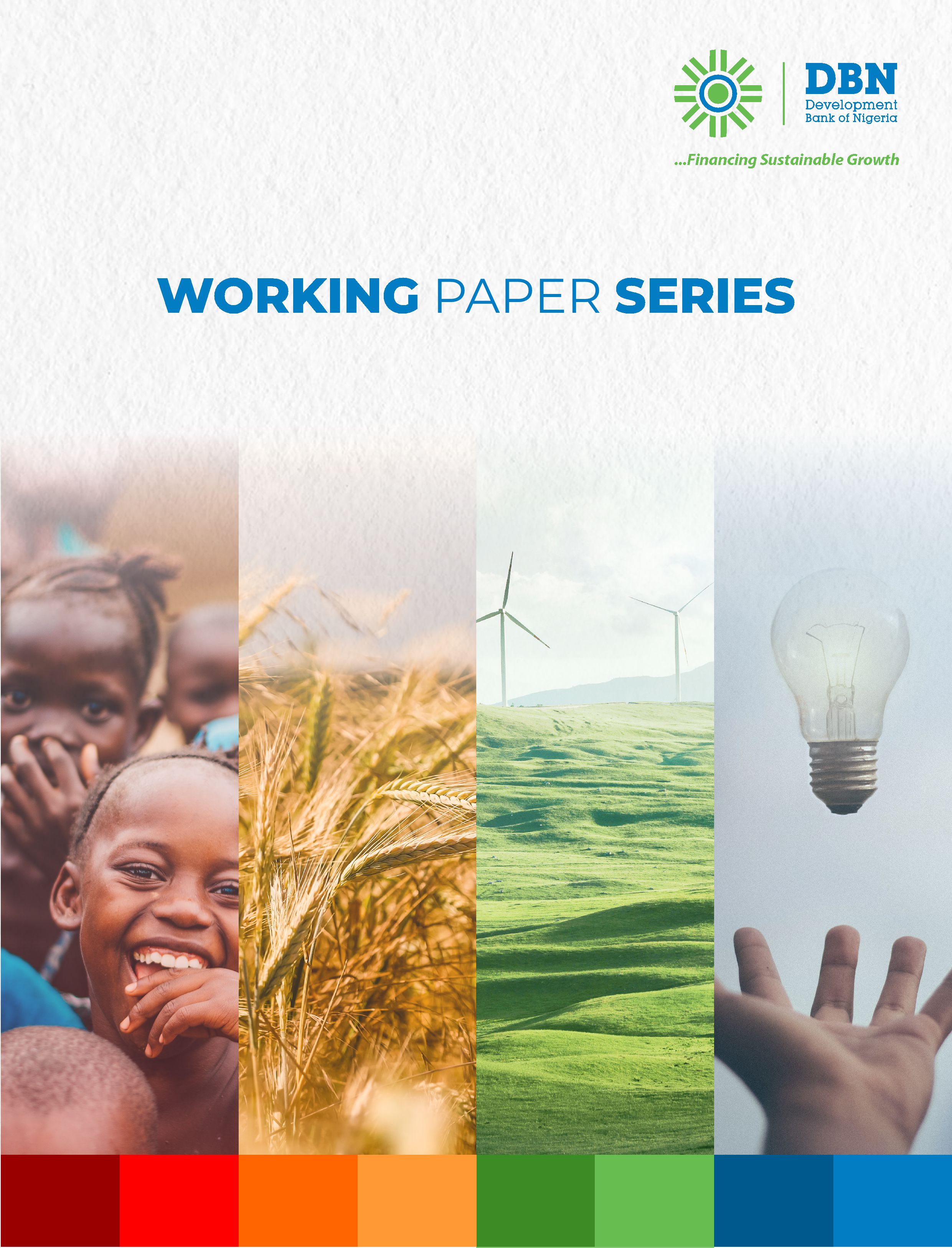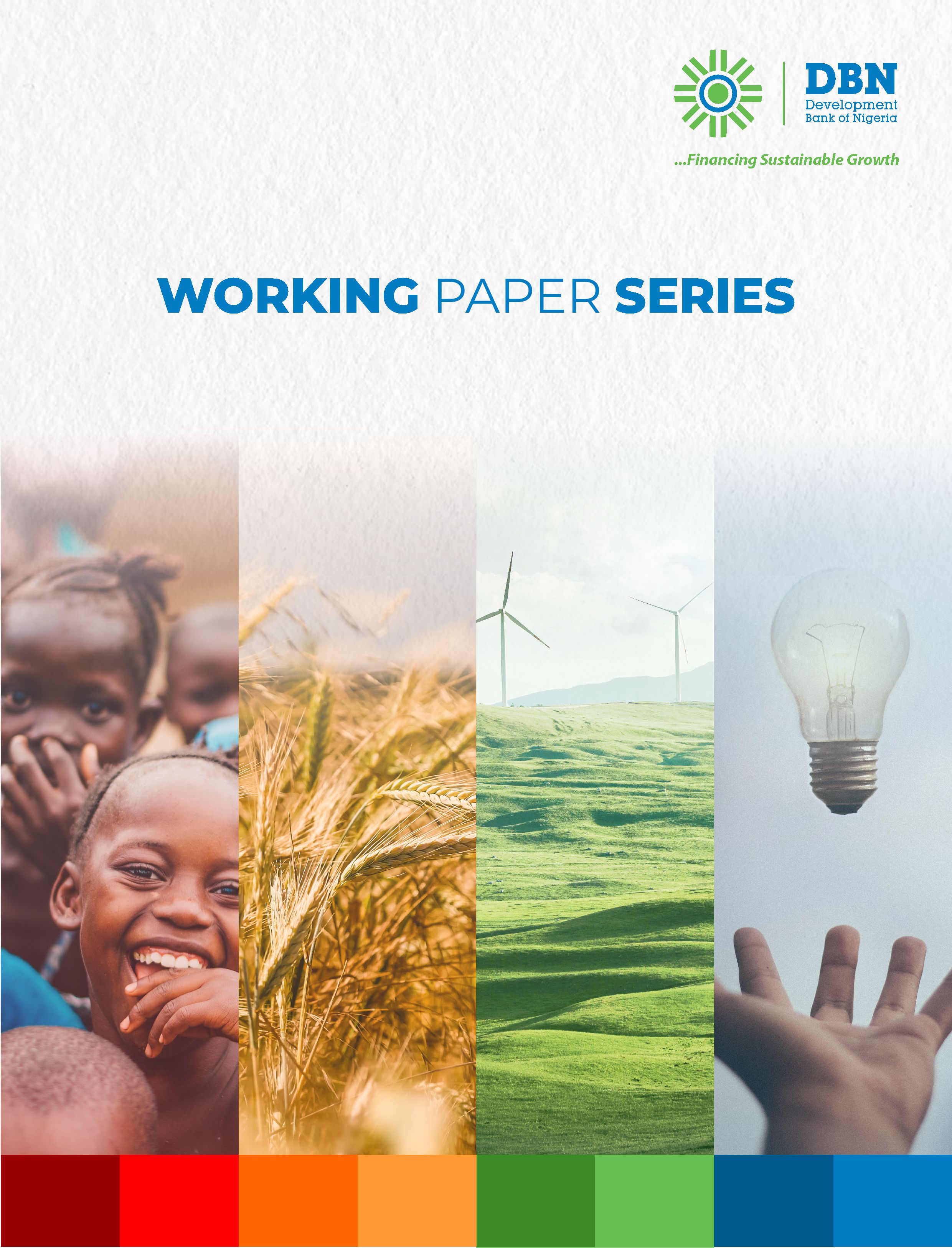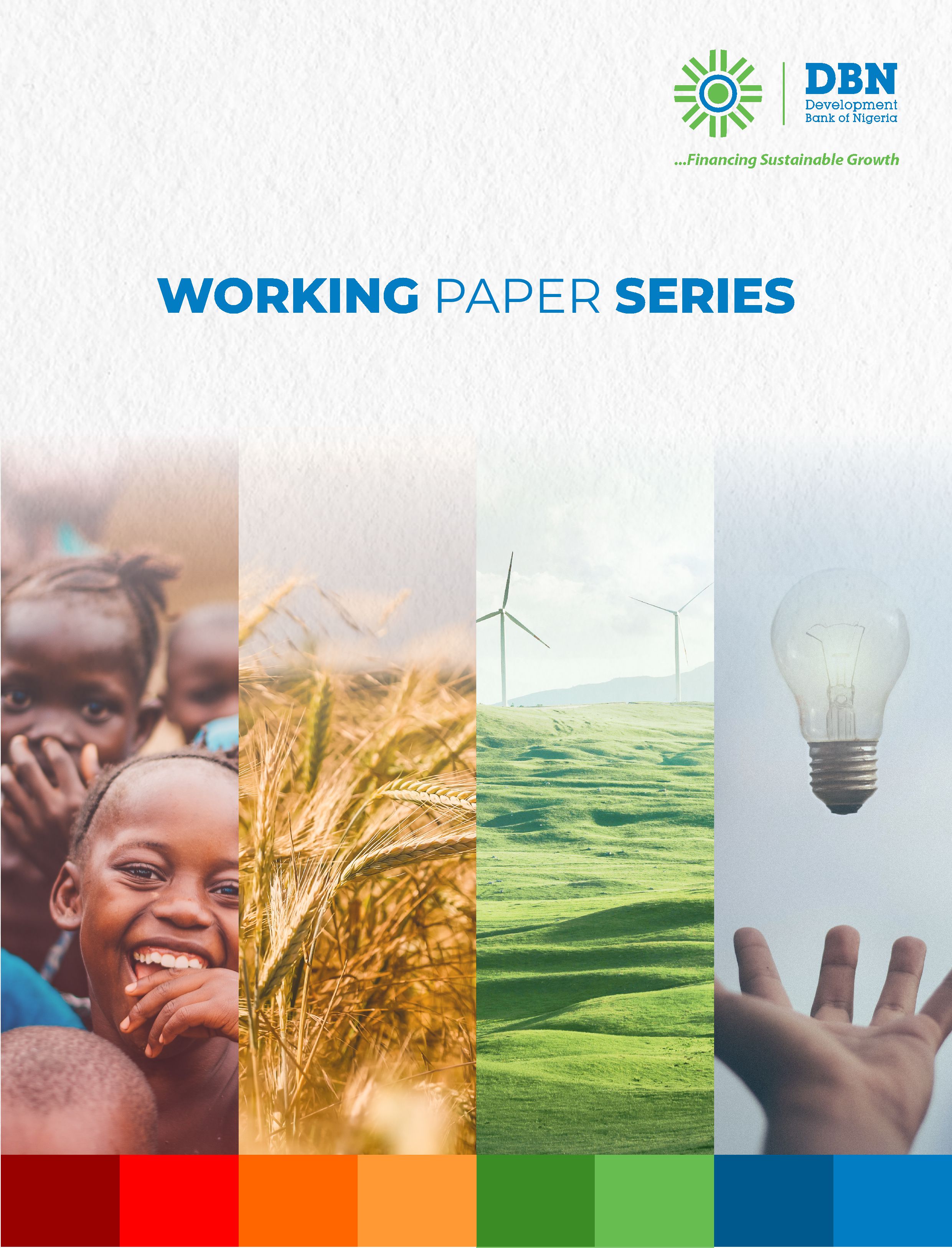
Publication Information
Published by: Admin
Published: 1 month ago
View: 26
Pages: 27
ISBN: 1
Abstract
Purpose – This study
assesses linkages between financial access, female economic inclusion and
environmental degradation.
Design/methodology/approach – The focus is on
40 Sub-Saharan African countries for the period 2010-2021. The empirical
evidence is based on the Generalized Method of Moments (GMM) and Quantile
Regressions.
Findings – From the
findings, positive and negative synergies are apparent from the GMM results.
From the quantile regressions results: (i) financial access policy thresholds
are computed when female labour force participation is employed; (ii) avoidable
female unemployment thresholds are apparent when the female unemployment rate
is used while (iii) financial access thresholds as well as thresholds for
complementary policies are computed when female employment is used. Positive
(negative) synergies are apparent when female labour force participation and
its interaction with financial access both have positive (negative) signs.
Policy implications and discussed.
Originality/value – The present
study has complemented the extant literature by assessing how financial access
and gender economic inclusion interact to influence environmental degradation.
Related Publications

VOLUME 8 ISSUE 3 2025
Does financial inclusion increase participation in global value chains? Evidence from African countries

VOLUME 8 ISSUE 3 2025
Optimising the Distributed Telecoms Asset Maintenance Practice using Blockchain and Digital Twin technologies

